Could the universe be adapting to life as part of the same process through which life is adapting to the universe?
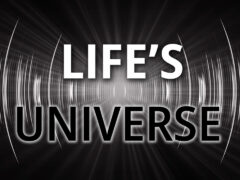

Could the universe be adapting to life as part of the same process through which life is adapting to the universe?
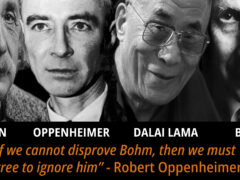
There are many reasons paradigms are hard to change, some of them are scientific, but the most powerful form of resistance is more personal.

“There is no greater injustice than to wring your profits from the sweat of another man’s brow.” — Abraham Lincoln There was a time in the U.S. when it was perfectly legal to own people and treat them like livestock. Juneteenth is the date the laws forbidding slavery reached the last remaining jurisdiction. While remembering and […]
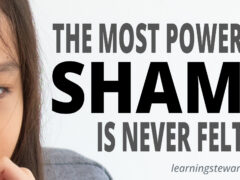
The most powerful shame motivates us to avoid what might lead to feeling it. It’s how body-shame limits our clothing choices and performance-shame limits our singing and dancing. Most importantly, it’s how mind-shame limits our learning. For more see: Mind-Shame

Click this or the image for more.
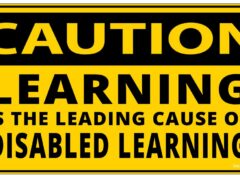
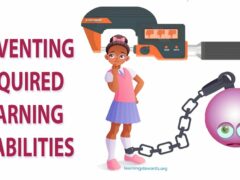
Acquired Learning Disabilities – Curiosity Invited Clip
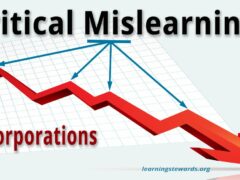
The business examples are everywhere: Kodak missing Xerox, IBM missing Microsoft, Sony missing Apple, Microsoft missing Google, Google missing Facebook, Facebook missing Twitter, Blockbuster missing Netflix, Walmart missing Amazon, and on and on. In each case, the already dominant, well-positioned, and resourced company failed to take advantage of a huge opportunity emerging in its own […]
![Other Words for Learning: Maternal Socialization motherandchi[1]](https://learningstewards.org/wp-content/uploads/2022/03/motherandchi1-240x180.jpg)
Another example of how our common and scientific use of language obscures and undermines our appreciation of the role of learning in our lives. From the article: Maternal socialization, not biology, shapes child brain activity Children of mothers with clinical depression are at three times greater risk to develop depression themselves than are their low-risk […]
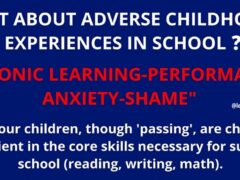
Since the initial emergence of ACE I’ve been interested in getting an additional type of ACE added to the framework: the adverse childhood experience of feeling CHRONICALLY NOT GOOD ENOUGH AT LEARNING. Where is the ACE score for “Chronic Learning-Performance Anxiety-Shame”? For day after day, week after week, month after month, year after year feeling […]
